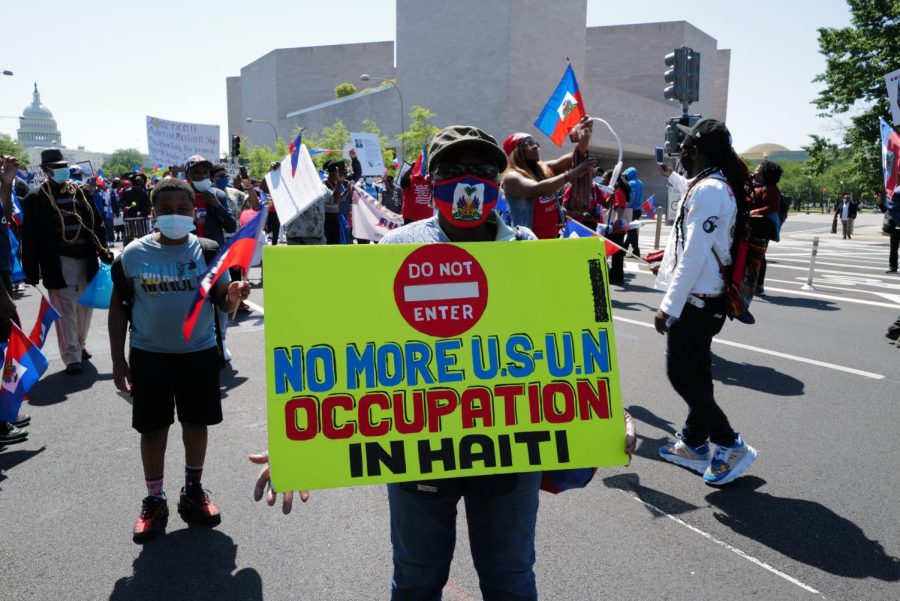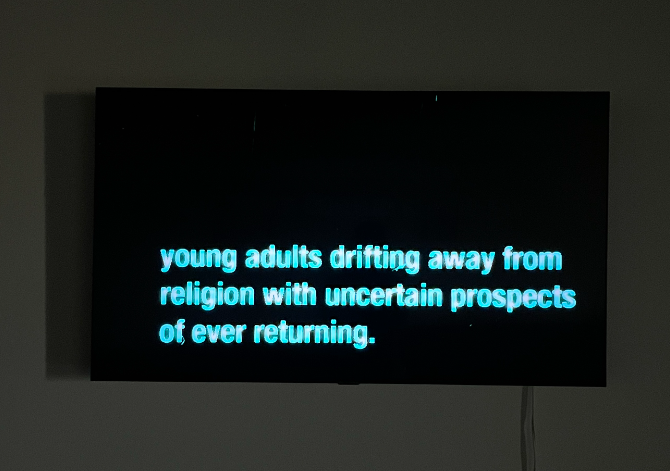
Civil war continues to rage in Syria, even after other countries such as Egypt and Tunisia have successfully overthrown dictators in last year’s Arab Spring movement.
Dr. Dave Rausch, Teel Bivins Professor of Political Science, noted that Syria’s family dynasty government has been in power since the 1960s and that he’s surprised the public hadn’t tried to overthrow the government sooner.
“I think in some cases it’s a long time coming, because the governments that are being overthrown had been in power for quite some time,” Rausch said.
President Bashar al-Assad of Syria is being threatened by protests from rebel groups that feel it is time for a new form of government.
In recent days, American embassies in Egypt, Yemen and Libya have been under attack by angry protesters due to an anti-Islamic video produced in the U.S. During an attack on the embassy in Benghazi, Libya four U.S. citizens including Ambassador Chris Stevens were killed. President Barack Obama released a statement from the White House condemning the attack.
“I have directed my Administration to provide all necessary resources to support the security of our personnel in Libya, and to increase security at our diplomatic posts around the globe,” Obama said. “While the United States rejects efforts to denigrate the religious beliefs of others, we must all unequivocally oppose the kind of senseless violence that took the lives of these public servants.”
Dr. Rausch said acts against U.S. embassies like those in Libya are failing to impact the people that angered the Muslim World in the first place.
”I always think it’s interesting that the folks who don’t like one particular person or one particular action in the United States go beat up a U.S. embassy,” Rausch said. “All you’re really doing is inflaming Americans; you’re not getting back at that one person.”
Dr. Rausch said he sees ways the U.S. can respond to the embassy attacks.
“I would not object to withdrawing any support that we currently offer [the] countries [that attacked our embassies],” Rausch said.
The people of Syria could, however, receive aid from America through humanitarian efforts.
“I would hope those other countries [near Syria] would give [Syrians] asylum,” Rausch said. “You don’t just send them back to Syria to be killed. That’s one place we could help out by offering various types of aid to Turkey, Jordan [and] Lebanon.
Dr. Rausch expects the Syrian government to leave office, but he questions where al-Assad would be able to find a safe place for exile because of all the uprisings that have affected countries in Africa.











